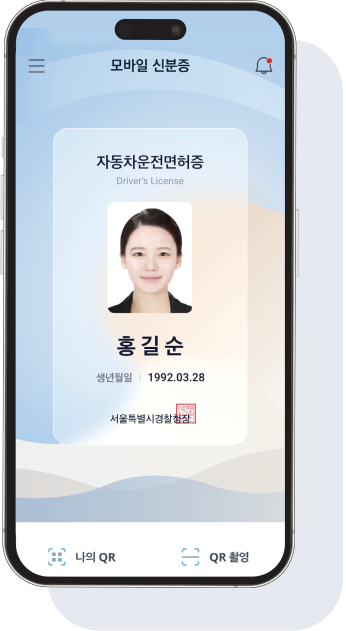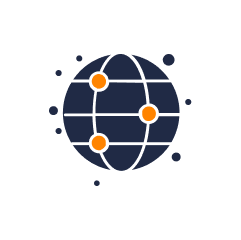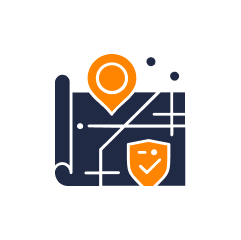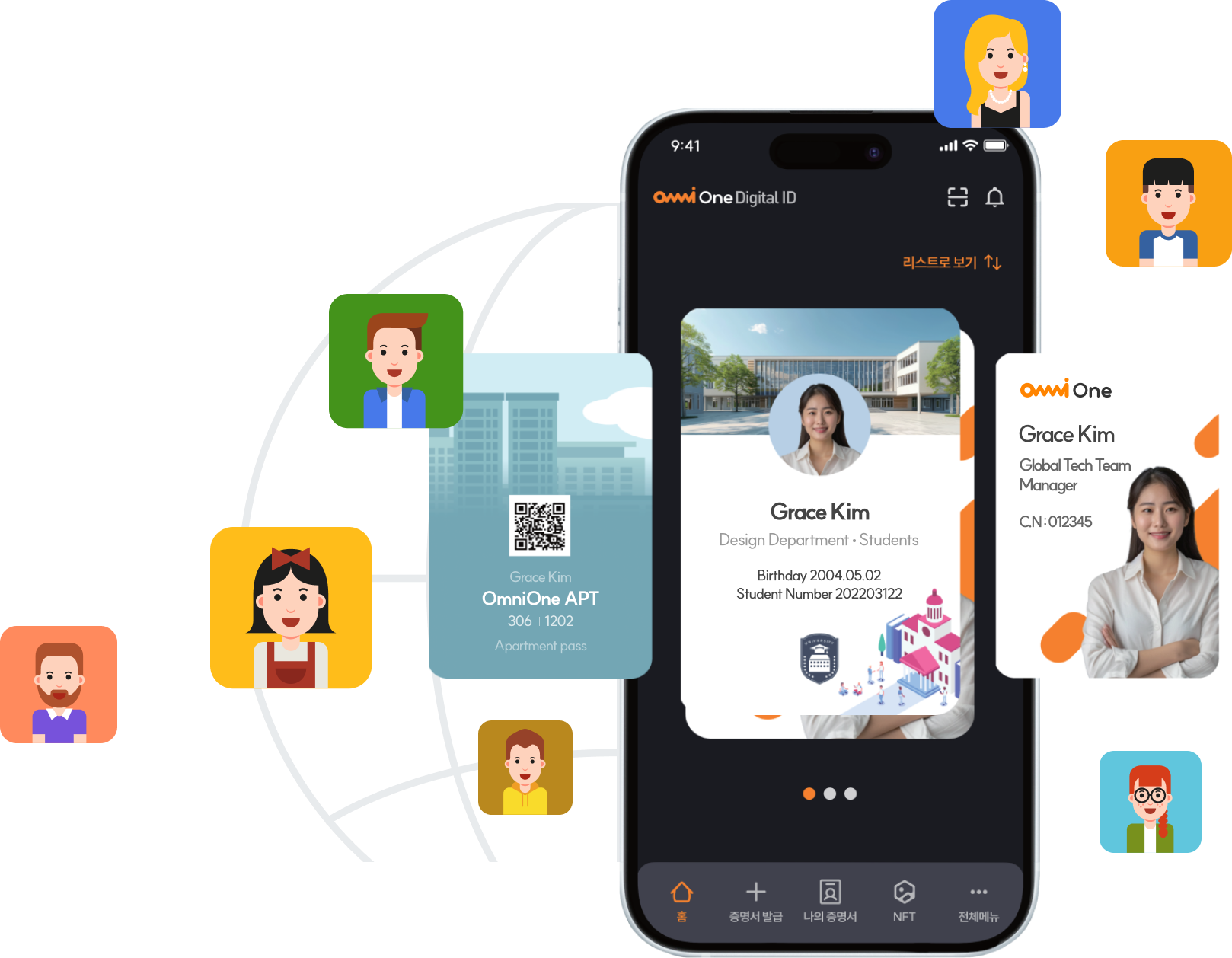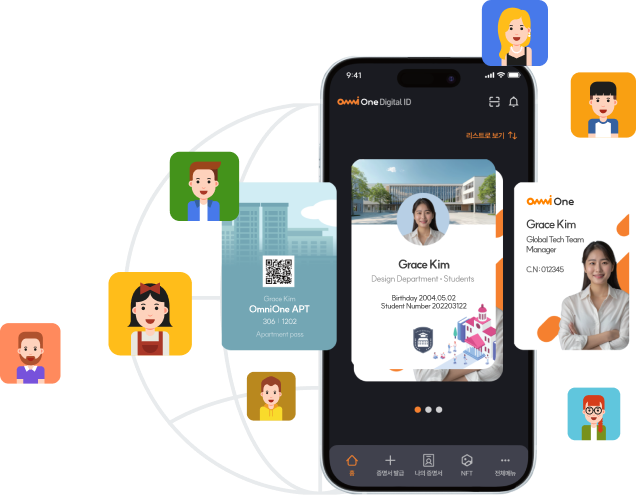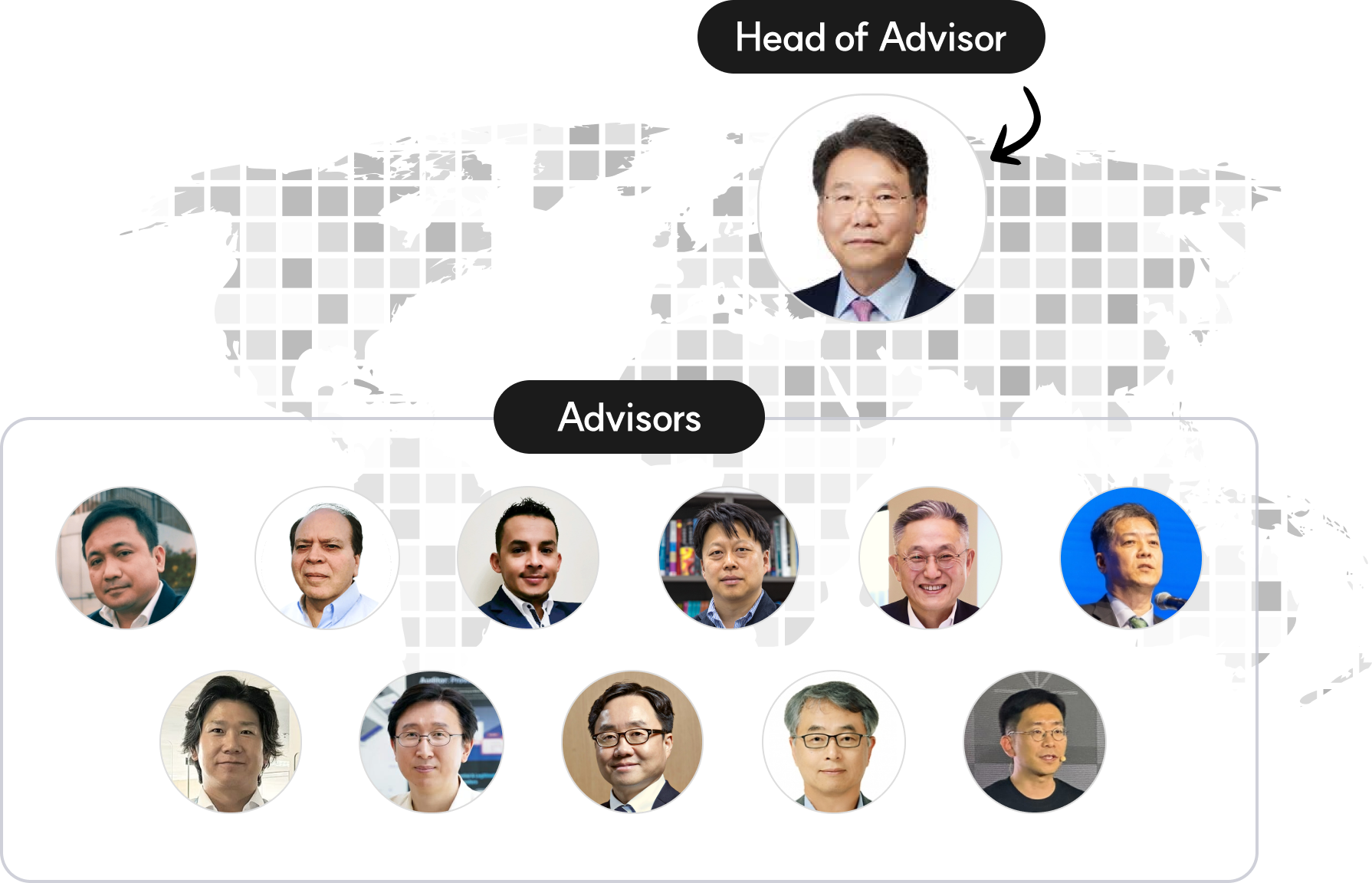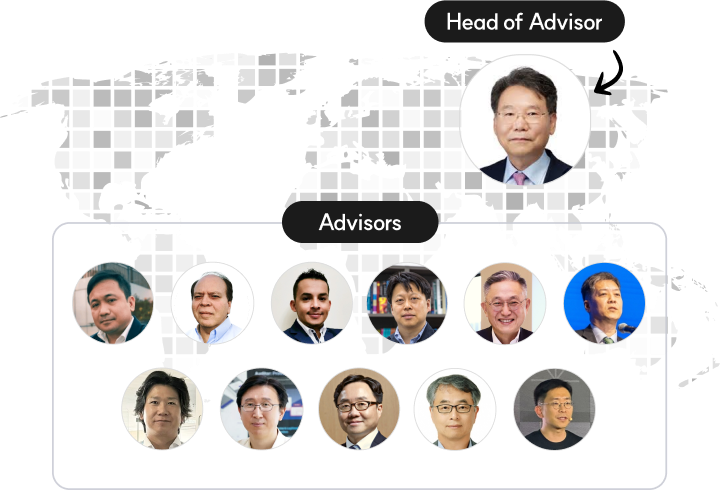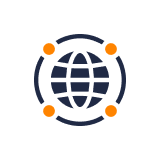News
[Topic] "K-Mobile ID Model Can Contribute to Global Society"... Company Open-Sources Its Technology Worldwide
"We Aim to Showcase the Excellence of K-Digital ID Technology Globally and Enable Citizens of Countries Without Proper ID Systems to Easily Access Its Benefits, Contributing to Global Society." This statement from Soon-hyung Lee, Chairman of the Board at RaonSecure, explains the company's decision to make its digital ID technology open to developers worldwide.RaonSecure, a leading Korean security company, has been pioneering the digital ID market with mobile ID technology at its core. The company’s blockchain-based decentralized identity (DID) technology is designed without relying on a centralized server, ensuring security against data leaks, tampering, and identity theft. RaonSecure’s DID technology has been integral in creating Korea’s first legally recognized digital IDs, including mobile driver’s licenses, government employee IDs, and veteran IDs. By the end of this year, a mobile resident registration ID will also be issued, marking the beginning of a new era where every citizen can carry their ID on their smartphone instead of in their wallet—a testament to the proven safety of this technology. Lee envisions expanding this technology globally to establish a cross-national network of technology and services. Ultimately, the goal is to provide the foundation for creating digital IDs in countries and regions without established ID systems, extending the benefits to individuals in ID verification blind spots. On the 30th, at RaonSecure’s headquarters in Yeouido, Seoul, Chairman Lee expressed his ambition, saying, “We aim to become a global leader in digital ID technology that contributes to humanity. The first step toward realizing this dream is to open-source our technology.” RaonSecure announced at the recent SecuUp Seminar that it has released the source code of its digital ID product, “OmniOne,” on GitHub, a global open-source sharing platform. This will allow developers around the world to create DID-based services using this code. K-Digital ID Model, Implementing Mobile Driver's Licenses and Resident Registration Cards, Sets Off for Global Expansion RaonSecure has garnered attention in the market since 2018 by applying blockchain technology to identity verification and credentialing, distinguishing itself from most companies that focused solely on cryptocurrency. When asked how the company decided to apply blockchain technology to identity verification, Chairman Soon-hyung Lee cited the example of Estonia. Since 2002, Estonia has been issuing digital IDs to all its citizens. The law recognizes digital signatures with the same validity as handwritten signatures, enabling Estonians to access administrative services, sign contracts, and vote online from anywhere in the world, as long as they have an internet connection. Lee stated, "I realized that blockchain technology could be utilized as infrastructure supporting national-level digital transformation, going beyond being just a technology. This led our company to begin serious research and development." Thus, RaonSecure has emerged as a leader in DID technology. The company’s technology has been utilized in Korea's mobile driver’s license, veteran registration cards, and government employee IDs, with the mobile resident registration ID service launching by the end of this year. Though not visible, by the end of this year, all 50 million citizens of South Korea will be using RaonSecure's digital ID technology. There is also significant interest from abroad. In April, the World Bank visited RaonSecure’s headquarters to discuss the expansion of the Korean mobile ID model to developing countries. RaonSecure is currently engaged in the Indonesian national digital ID pilot project and the development of a digital wallet system for public services for the Costa Rican government. Digital ID Technology Contributing to Humanity: "People Without ID Can Exercise Their Rights in Healthcare and Voting" Chairman Soon-hyung Lee emphasizes that digital ID technology goes beyond mere convenience, carrying significant social value. According to the World Bank (WB), over one billion people worldwide lack official identification, making it difficult for them to access essential social benefits such as education, finance, and healthcare. However, utilizing digital ID technology can enable individuals who are not registered at birth or live in remote areas—where ID issuance is challenging—to obtain legal status and exercise their rights to vote, education, and social security. For example, India’s Aadhaar digital ID program has allowed over 1.2 billion people to verify their identities. With just an Aadhaar number, individuals can receive public food subsidies and quickly access pensions and scholarships. As a result, corruption among middlemen has decreased, and there has been a significant improvement in the direct distribution of welfare funds to beneficiaries.Lee states, "In emergencies, being able to verify a person's medical information with just a mobile ID can play a critical role in saving lives. This can lead to a significant economic shift where citizens become the information subjects, and the 'Big Brother' system disappears." This rationale underpins RaonSecure's decision to make its digital ID technology open source. On the 29th, the company released the source code of "OmniOne Digital ID" on GitHub, a global open-source sharing site. By opening the source code, anyone can use, modify, or distribute it. In conjunction with this, RaonSecure is also working to establish the Open DID Foundation. This foundation aims to collaborate with the open-source community to continually advance K-Digital ID technology and support various countries and companies in utilizing it freely. Lee indicated, "We plan to collaborate with international organizations like the United Nations (UN) and the World Bank (WB), which are actively promoting the distribution of digital IDs in developing countries. Through these efforts, we aim to facilitate the process of digital transformation." "Establishing K-Digital ID Technology as a Global Standard" RaonSecure aims to solidify its K-Digital ID technology as a globally recognized standard through open-source initiatives. The next goal is to achieve international standardization, which would not only enhance trust and universality in the global market but also enable the company to establish a leading position within the industry. This recognition would increase the likelihood of adoption and implementation of the technology across various countries and sectors. Currently, RaonSecure is diligently working to have its K-Digital ID technology recognized as an international standard by the International Telecommunication Union (ITU) and the International Organization for Standardization (ISO). The company is actively participating in standardization discussions and presentations held in locations such as Washington, D.C., and Geneva, Switzerland. In an unusual move for the industry, RaonSecure has also formed a dedicated standardization team within the company to foster communication with domestic institutions and academic circles. Chairman Soon-hyung Lee noted, "In South Korea, there are more instances of developing products that comply with international standards rather than becoming an international standard themselves. However, having led the digital ID service initiative in our country, and witnessing the global interest in this technology, we have come to appreciate its social value." "Becoming a Web3 Enabler to Support National Digital Transformation" Chairman Soon-hyung Lee expressed, "Our goal is to introduce our digital ID technology to more than seven countries within the next five years, establishing it as a foundation for their digital transformation. Following that, we aim to expand to over 20 countries within the next decade." According to Grand View Research, the blockchain digital ID market is projected to reach $102 billion (approximately 150 trillion won) by 2030. Lee emphasized, "Although we started as a security company, we aspire to become a Web3 enabler that drives national digital transformation. In the near future, I am confident that we will also be able to attach the term 'global' to our endeavors." 뉴시스 / 고승민, 송혜리 기자원문 : https://n.news.naver.com/article/003/0012875310
Oct31
